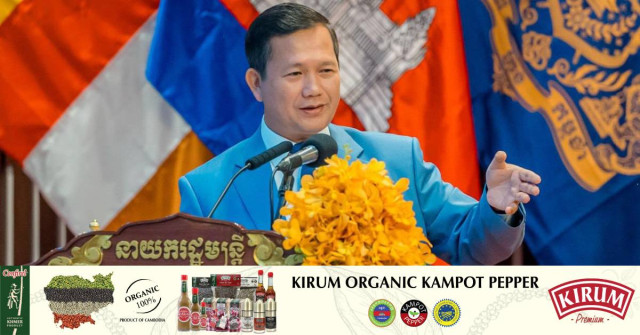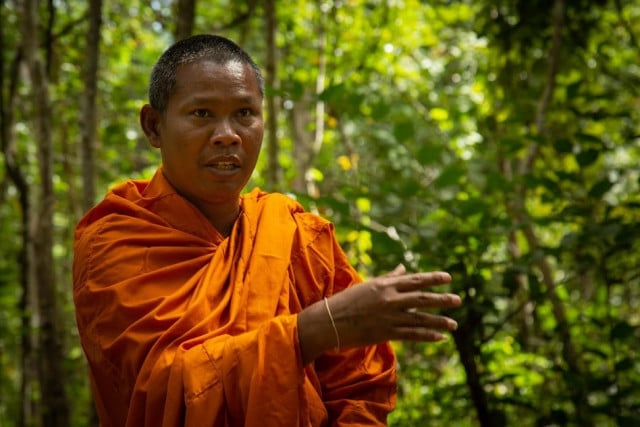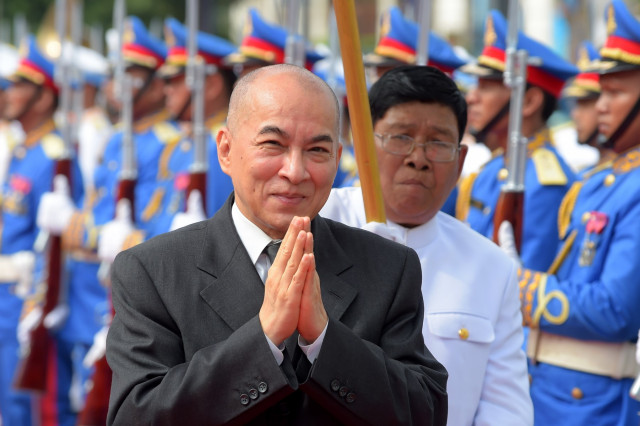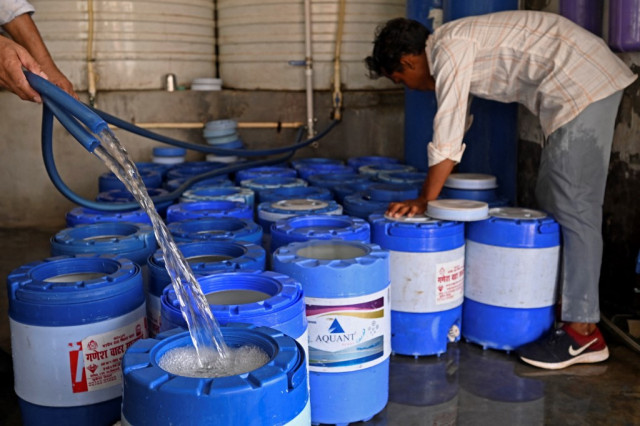$1.4 Billion Spent on Poor and Vulnerable since 2019: PM

- By Nhor Sokhoeurn
- February 6, 2024 6:10 PM
PHNOM PENH – Prime Minister Hun Manet said on Feb. 6 that $1.4 billion has been spent since 2019 to support the livelihood of the poor, adding that an additional budget will be released to help improve their well-being.
Addressing the closing ceremony of the annual conference of the Ministry of Social Affairs, Veterans, and Youth Rehabilitation, Hun Manet said that the government spent nearly $100 million per year on the national security fund program, covering 6.5 million people.
He said that the government also spent about $1.4 billion for people in a cash-assistance program for poor pregnant women and children under two years old. The program was implemented in 2019 and was extended in 2020 to provide cash support to people economically affected by the COVID-19 pandemic.
Since 2022, the government has also launched a cash assistance program for families hardest hit by rising inflation.
People with HIV/ AIDs in poor families also received the assistance, he added.
The PM said the government also launched a 4-month-vocational training program for 1.5 million poor families in a move to improve people’s skills and help them find a job.
“Nowadays, there are about 20,000 people registered, of which 13,000 are receiving training in this program,” Hun Manet said.
“The launch of all of these programs shows that the government is dedicated to solving the immediate and long-term problems that are affecting the citizens,” he said.
Hun Manet, however, said that this training scheme is not permanent and aims at addressing a short-term skill shortage and connecting people with companies and business owners to launch their careers.
The PM also said his cabinet has set aside $450 million to support the six governmental priorities.
They include the expansion of healthcare services towards achieving universal health coverage, boosting vocational and technical training for the youth, institutionalizing social assistance programs for poor and vulnerable households, working on the inclusion of the informal sector into the formal economy, developing market access for local agricultural products, and modernizing agriculture techniques across the nation.















